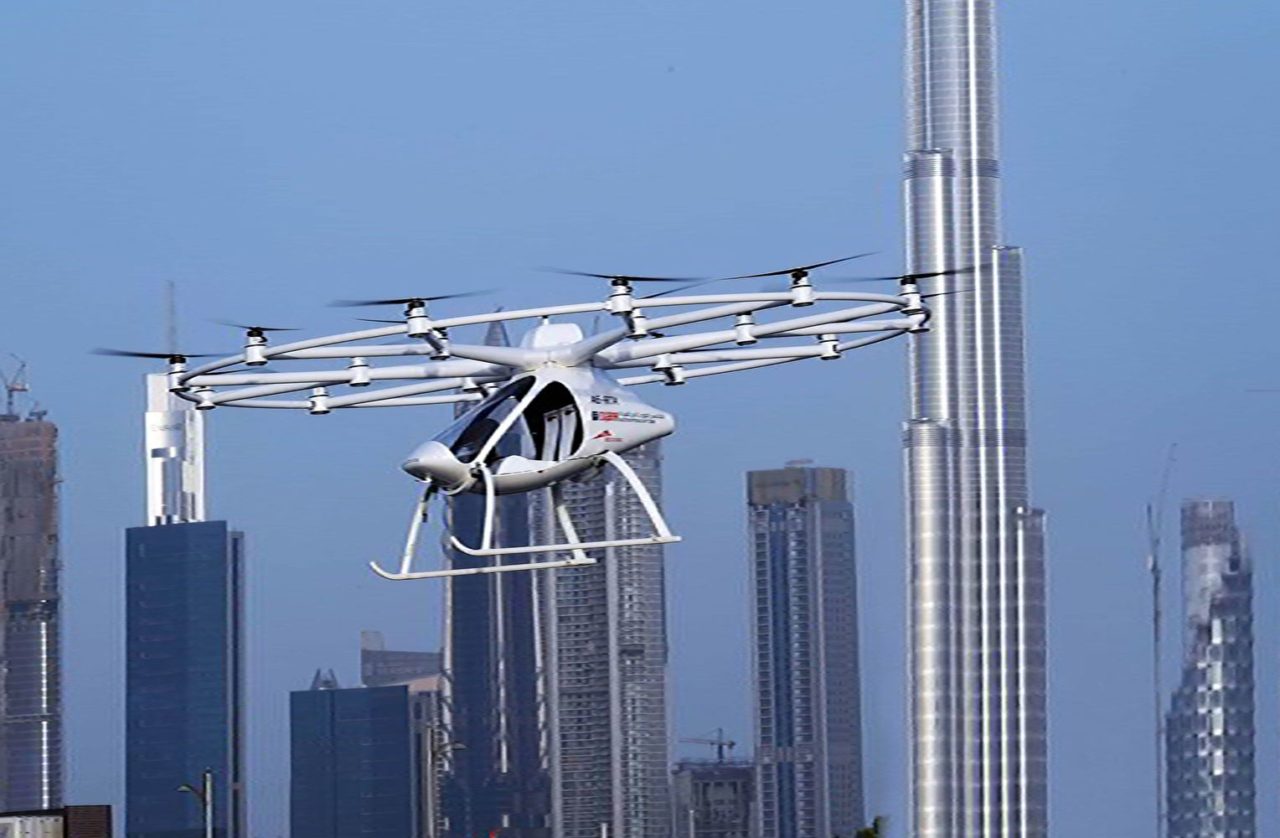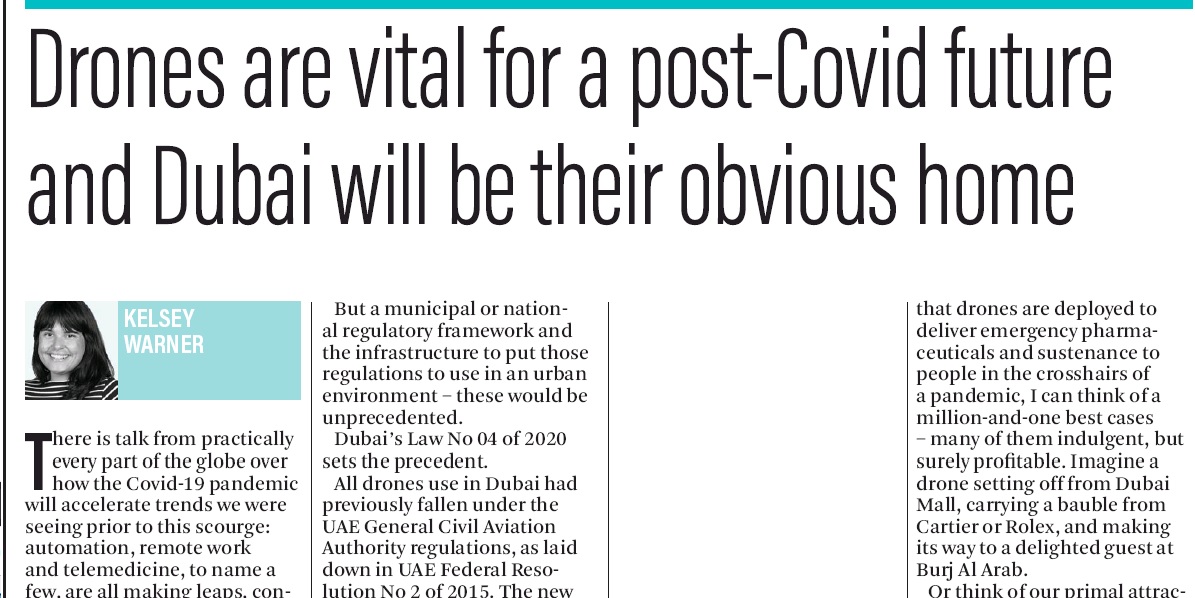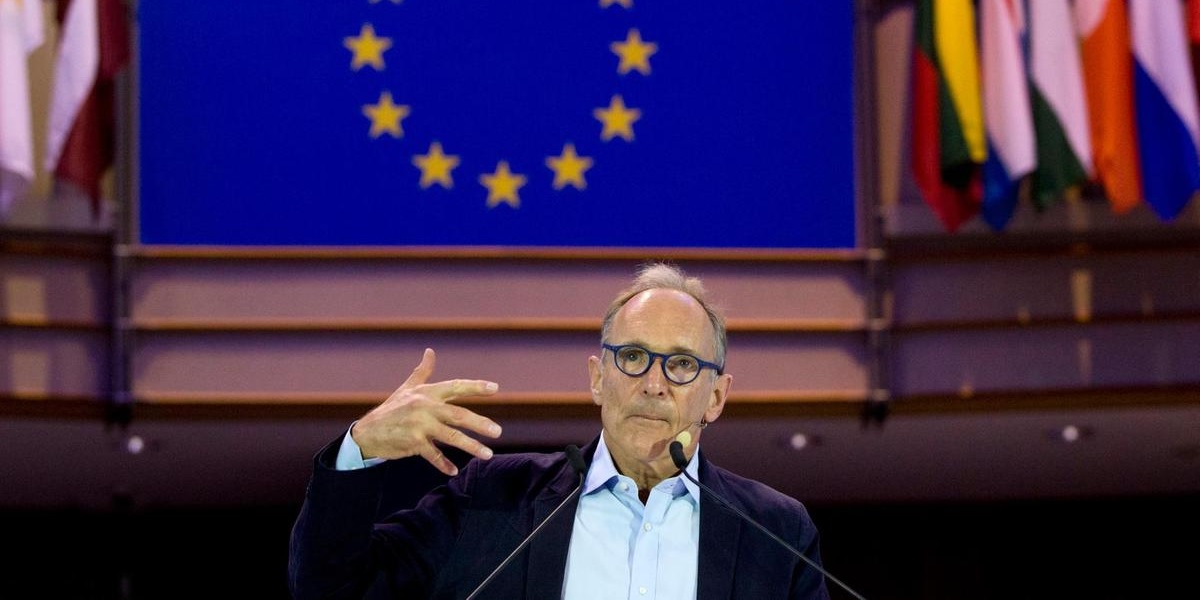British computer scientist and inventor of the web has just launched a global plan to save it.
Sir Tim Berners-Lee on Monday launched the World Wide Web Foundation’s ‘Contract For The Web’, a plan that lays out a set of core principles and a road map for business, government and individuals to follow. He says such a concept is urgently needed to save the web and help prevent humanity sliding into a new age of ‘digital dystopia’. So, why is it that Berners-Lee thinks the world wide web needs saving?
Regardless of how much time you may personally spend browsing the web, it is now fundamental to life as we know it. Over the past 30 years, the world wide web has truly changed the world, helping to democratise access to information and education, accelerating global scientific progress, enabling the development of numerous other digital technologies, becoming the biggest driver of the global economy and even helping humanity to develop a broader understanding of itself.
The vision of the academic, scientific and technology communities that built the web was always to create an open and neutral system, available to all. However, according to Berners-Lee, the web now comes under increasing attack from government and commercial interests, threatening its neutrality, freedom and universal access.
In some respects, this has always been the case. In the 1990s, some governments were more enthusiastic than others in allowing public access to the internet to begin with. Many government officials and politicians had concerns about the perceived dangers of the web, such as use by organised crime, terrorists, political activists or publishers of pornography.
Business has also long influenced usage of the web and has been a deciding factor in the rate of internet adoption. The capitalist nature of the internet’s global roll-out is a primary reason why more than half of the world’s population is still offline. For those fortunate enough to be online, their web experience is heavily influenced by huge investment promoting commercial interests.
So, given that the web has already been shaped by long standing commercial and government interests, what’s the impetus that has led to the heightened concern and the Web Foundation’s global action plan?
Berners-Lee maintains that never before has the web’s power for good been under more threat and that it has now reached a tipping point from which it could very well descend into dystopia. Firstly, with 46 per cent of the world’s population still unable to access the internet, he believes the digital divide threatens to be one of the greatest sources of equality in our time.
Speaking at the internet Governance Forum in Berlin this week, Berners-Lee put his case forward for the web as a force that truly serves humanity, but was also at pains to impress upon delegates the complex challenges that we face require action across the gamut of business, government, society and individual internet users.
The concept for the plan was first introduced by Berners-Lee five years ago as a ‘Magna Carta for the web’. Since then, there can be no doubt that new dangers continue to present themselves.
From foreign powers accused of trying to manipulate the 2016 US election via social media, to numerous data breaches exposing the private data of millions of internet users, through to the epidemic of fake news and fake content, and the rise in hate speech online, the web has never had the power to negatively affect so many. Importantly, dangers like these know no national boundaries and arguably make the internet less safe, even in those countries that have long championed online freedoms and protection.
The global, borderless nature of the web means that laws such as the European Union’s General Data Protection Regulation can only ever provide part of the solution to ensure it works for all. For this reason, Berners-Lee believes that public participation is critical, if we are to have the web that we want.
In addition to providing a framework of guiding principles for business and government, the Web Foundation’s plan urges internet users to be active participants in shaping the web, including the content and systems made available through it. Individuals can help build strong communities that respect civil discourse and human dignity, and be active citizens of the web, creating awareness among their peers regarding threats, supporting positive initiatives and holding regulators to account.
In common with other pressing global issues such as climate change and increasing social inequalities, it may be up to humanity to save itself.
This story was first published by The National




